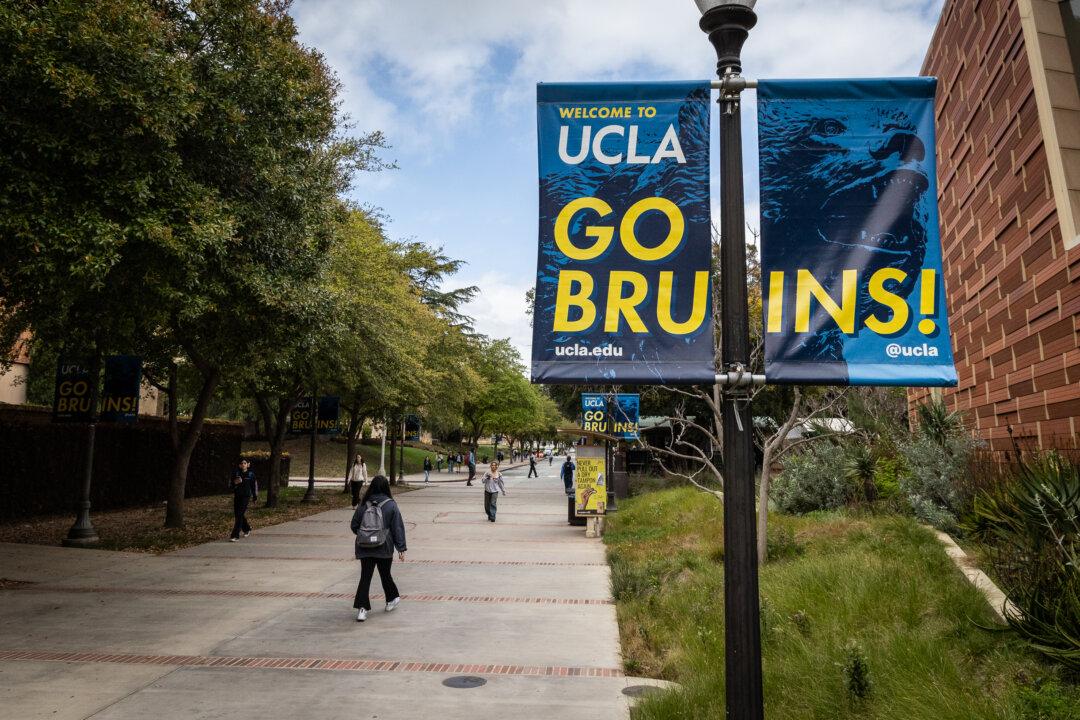California Gov. Gavin Newsom has vetoed a bill that would have allowed students without legal immigration status to work on public university campuses.
In his veto message on Sept. 22, Newsom expressed his support of expanding higher education opportunities but cautioned against the legal risk of violating a federal law that bans employers from hiring illegal immigrants.





